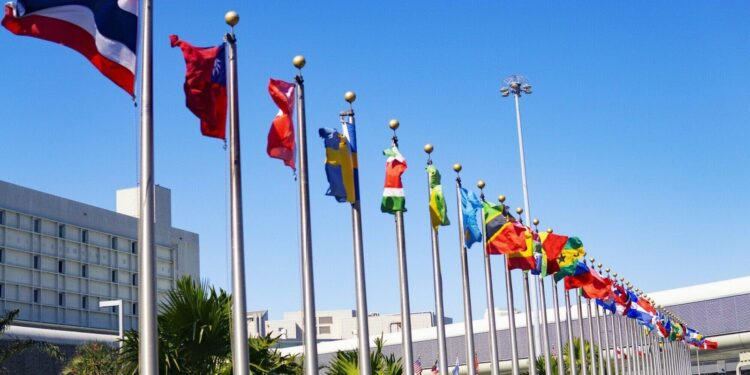Everyone in America and all over the world seems to hate politics. But could it be because they don’t truly understand this complex and dynamic field?
World politics encompasses interactions, relationships, and power struggles among nations on the global stage. Understanding the basics of world politics is essential for anyone seeking insights into international relations, geopolitical issues, and the factors that shape our interconnected world.
In this introductory guide, we’ll explore key concepts and dynamics that define world politics.
The Basics of World Politics
Sovereignty refers to the exclusive authority and autonomy that a nation-state possesses over its territory and domestic affairs. It is a foundational principle in international relations, emphasizing the independence of nations.
A nation-state is a political entity that aligns with a specific nation. It shares a common identity, culture, and often language.
Most countries today are nation-states, although the term can be complex due to cultural and ethnic diversity within certain borders.
Actors in World Politics
States, or nation-states, are the primary actors in world politics. They engage in diplomatic relations, negotiate treaties, and pursue national interests on the global stage. The power and influence of states vary, with some acting as major players in international affairs.
Non-state actors, such as international organizations, non-governmental organizations (NGOs), and multinational corporations, play significant roles in world politics. These entities contribute to global governance, humanitarian efforts, and economic interactions.
International institutions provide frameworks for cooperation and governance among states. They address issues ranging from peacekeeping to economic development. Some organizations to take note of are:
- United Nations (UN)
- International Monetary Fund (IMF)
- World Trade Organization (WTO)
Key Concepts in International Politics
Geopolitics examines the influence of geography on political behavior and international relations. It considers how geographical features, resources, and location impact a nation’s strategic interests and global interactions.
Globalization is the interconnectedness and interdependence of economies, cultures, and societies on a global scale. It involves the flow of goods, services, information, and ideas across national borders.
Contemporary Challenges
Climate change is a global challenge that requires international cooperation. Nations must address environmental issues, reduce carbon emissions, and adapt to the impacts of climate change. Creative Community for Peace is an organization working on promoting world peace through music.
Security concerns, including terrorism, pose challenges to world politics. Nations collaborate to combat transnational threats, enhance intelligence-sharing, and maintain global security.
Diplomacy
Diplomacy involves the use of negotiations, dialog, and communication to manage international relations peacefully. Diplomats work to build alliances, resolve conflicts, and promote cooperation.
Conflict Resolution
Conflict resolution seeks to address disputes through non-violent means. International organizations and diplomatic efforts play critical roles in mediating conflicts, promoting dialog, and preventing escalation.
World Politics Is Complex and Intriguing
Everything complicated seems threatening or incomprehensible at first. But the more you learn about it, the more interesting it becomes.
World politics is like that as well. Don’t give up on learning more about this subject, as it can be a truly gratifying experience.
Keep reading through related articles on our website to stay informed on global politics.























